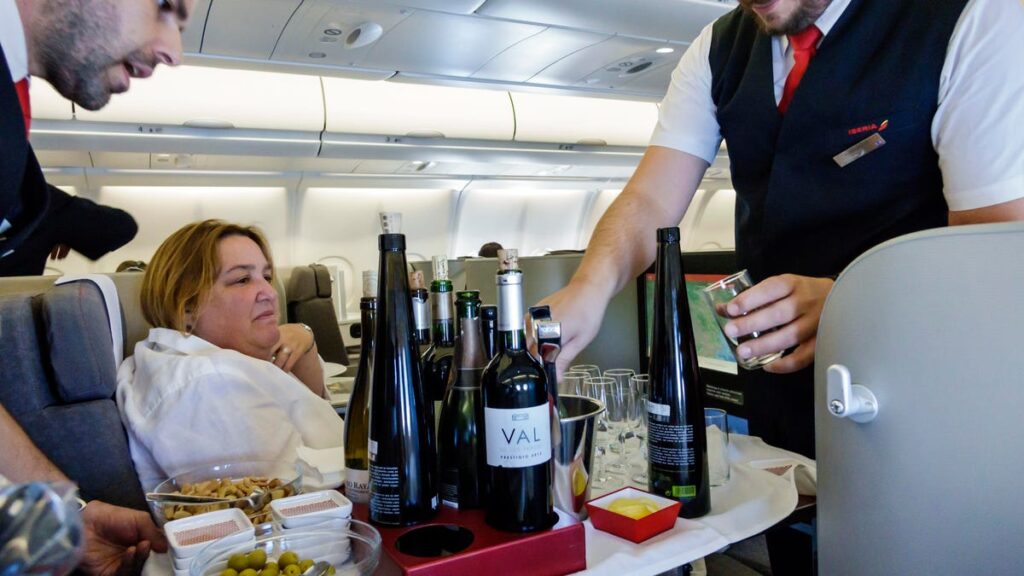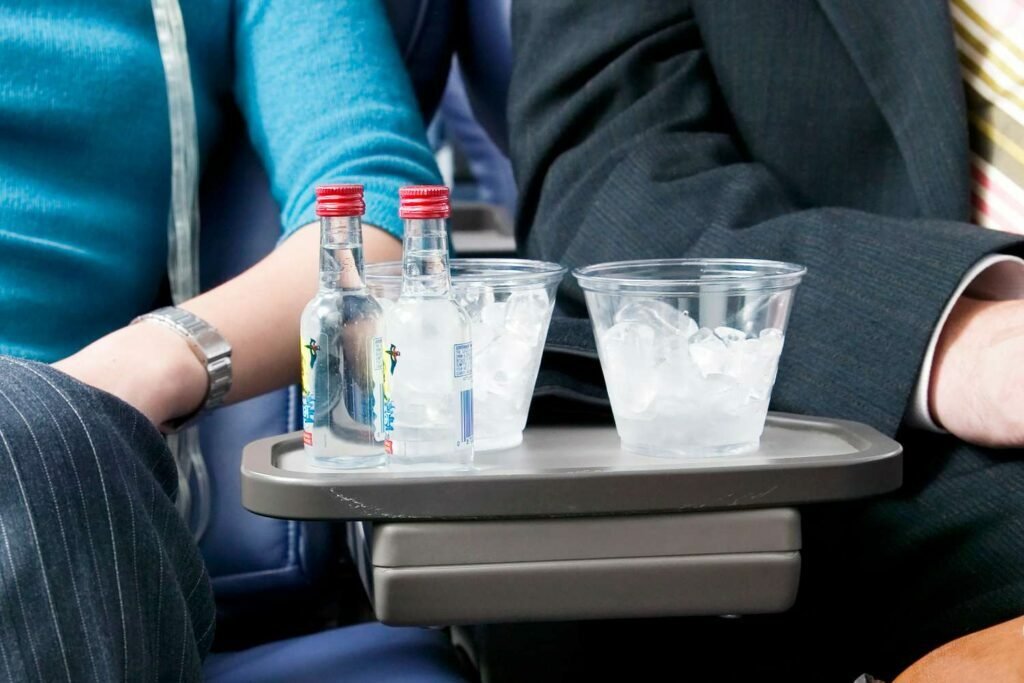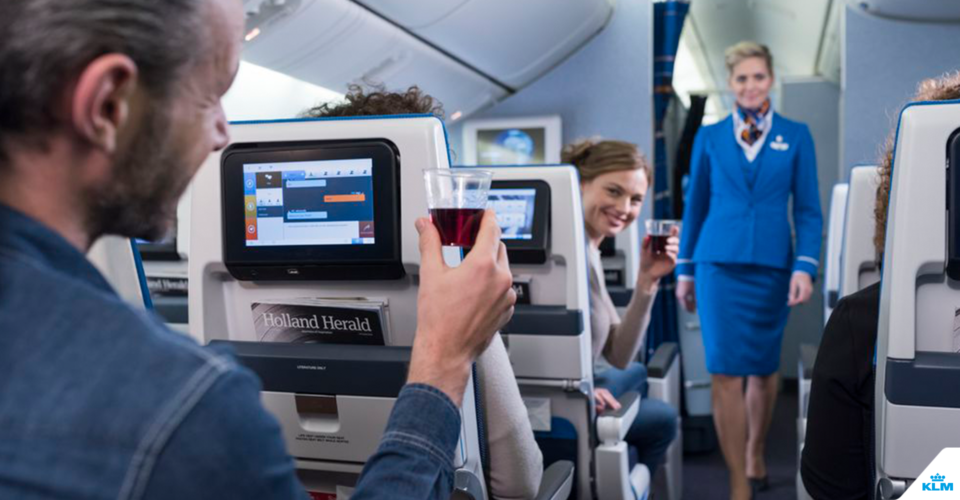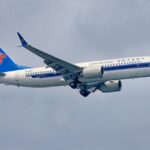Alcohol abuse is a major concern for aviation authorities.
During their in-flight meal, travellers frequently enjoy a glass of wine or a can of beer. While though drinking a drink or two while flying is generally safe, occasionally, people go too far and end up being severely inebriated.
rigid guidelines

Getting intoxicated while traveling might create delicate situations. There may be aggressive behavior, improper conduct, and hazardous situations. Thus, authorities from all around the world have developed guidelines for intoxicated behavior on airplanes.
Due to local laws where they are situated, several airlines do not permit alcohol at all on board. Even yet, there are still regulations governing drinking on flights with airlines that do permit alcohol on board. Disruptive behavior, frequently brought on by excessive drinking, is one of the leading causes of diversions, according to the UK Civil Aviation Authority (CAA).
The group claims that boisterous behavior may endanger the safety of other passengers and may result in serious consequences, including criminal prosecution.
The authority comes to the conclusion that airlines have the right to refuse service to anyone they consider to pose a risk to flight safety. As a result, it is developing new strategies to minimize disruptions in collaboration with operators, airports, and other authorities.
According to the CAA
The intensity of the interruption determines the appropriate punishment. Alcohol-related offenses on aircraft can result in a maximum £5,000 fine and two years in prison. Up to five years in prison are possible for risking the safety of an aircraft. Moreover, disruptive passengers may be forced to pay the cost of the detour to the airline. Depending on the size of the aircraft and the location of the diversion, the cost of the diversion normally ranges from £10,000 to £80,000.

Over the pond
The Federal Aviation Agency (FAA) of the United States is eager to put a stop to the rise in disorder. Authorities in the US have issued millions of dollars in fines for disruptive behavior every year.
In an effort to reduce safety risks, many American airlines implemented protracted suspensions of the sale of alcohol in the cabin. This action wasn’t unexpected given the surge in occurrences involving passengers who were intoxicated attacking flight attendants. The FAA emphasizes that it is against Section 121.575 of the Federal Aviation Regulations (FAR) to board a passenger who seems to be inebriated.
The agency continues:
“Crew interference may occur when a passenger violates Federal Aviation Administration (FAA) safety requirements. This is against FAR Section 91.11, and it might possibly be against the Federal Aviation Act of 1958, as modified, under Section 902(j).
a methodical approach
While drinking by itself is not prohibited and is frequently a part of traveling, it might become problematic depending on what happens after drinking. If a passenger behaves disorderly while under the influence of alcohol, they may be fined.
So, it’s suggested to limit alcohol intake before traveling in order to be on the safe side. Alcohol may have distinct effects on persons in the air, which could lead to more unpredictable results.




